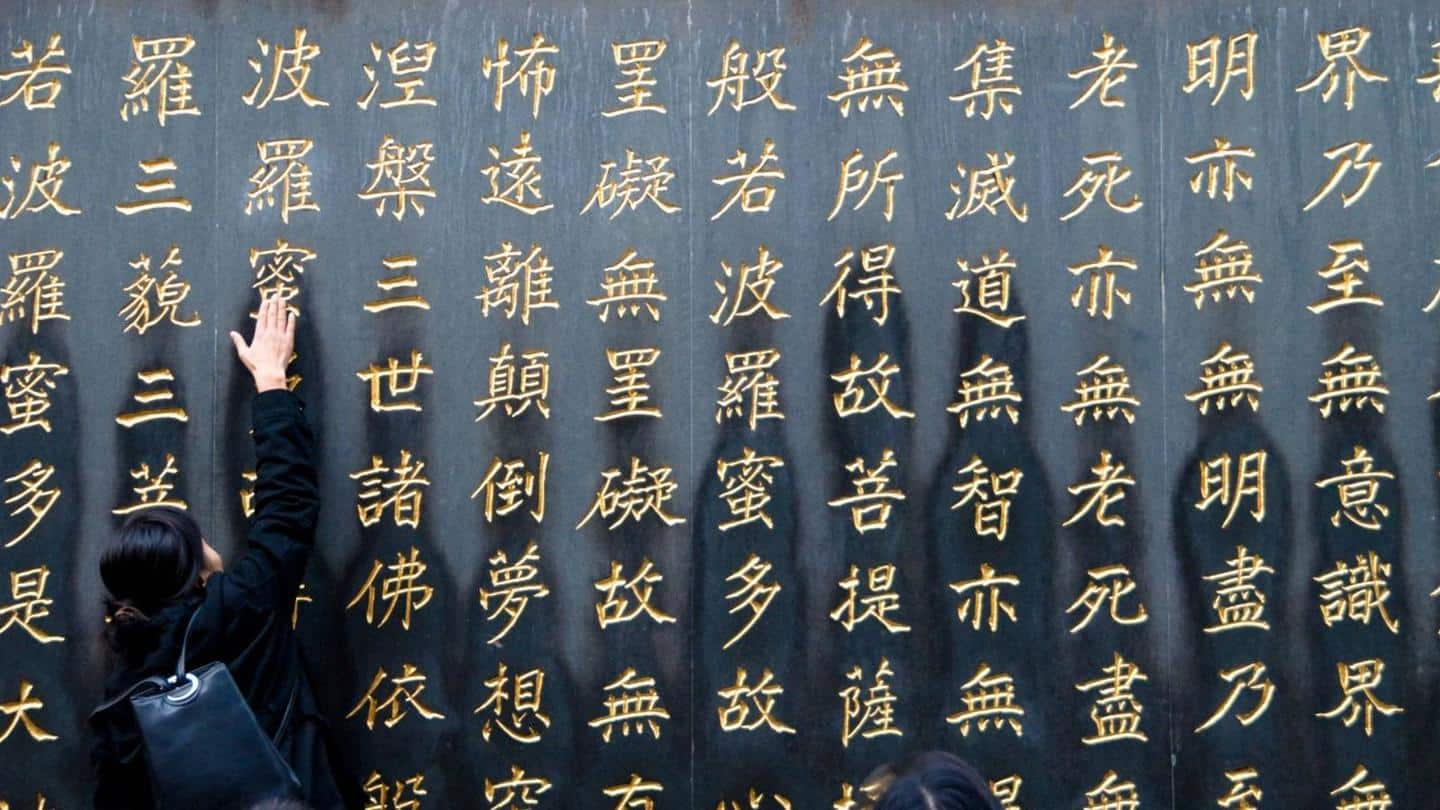
UN Chinese Language Day: Interesting facts about the Chinese language
What's the story
UN Chinese Language Day is observed every year on April 20 after its establishment by the UN Department of Public Information in 2010.
The organization introduced days to mark six of its official languages--English, French, Arabic, Chinese, Russian and Spanish--in order to celebrate multilingualism and cultural diversity.
April 20 was chosen to pay tribute to Cangjie who invented the Chinese characters.
#1
The legend of Cangjie
The first celebration of the Chinese Language Day was on November 12, 2010. However, from 2011 onwards the date was changed.
The Chinese celebrate Guyu around April 20 to honor Cangjie (a mythical figure), as per a legendary belief that because Cangjie invented Chinese characters, the deities cried and it rained millet.
"Guyu" literally translates to "rain of millet" in English.
#2
Dialects spoken in China
Standard Mandarin Chinese is the official language of China.
The language is spoken by over 70% of people in the country.
Over a billion people speak Chinese today.
Although the official dialect is Mandarin, also called "Putonghua," there are several other dialects in use, namely Cantonese, Hunanese, Min dialect, Wu dialect, Gan dialect, and Hakka dialect.
#3
Some facts about the language
There are over 100,000 Chinese characters; it's an ever-increasing number as they develop new characters every day.
Chinese is the oldest form of written language known to date.
To merely read a Chinese newspaper, one must memorize at least 2,000 Chinese characters!
Chinese grammar is simpler than English as it does not have different gender-specific nouns or separate nouns for singular and plural.
#4
Mandarin is a complicated language
Each word or syllable in Mandarin has four tones, and each tone has a different meaning.
The syllable "ma" can mean mother, horse, hemp, to scold depending on the pronunciation!
Chinese characters can be written left to right, right to left or top to bottom.
With increased exposure to Western culture, there are loanwords from English, like kafei from coffee, or qiaokeli from chocolate.